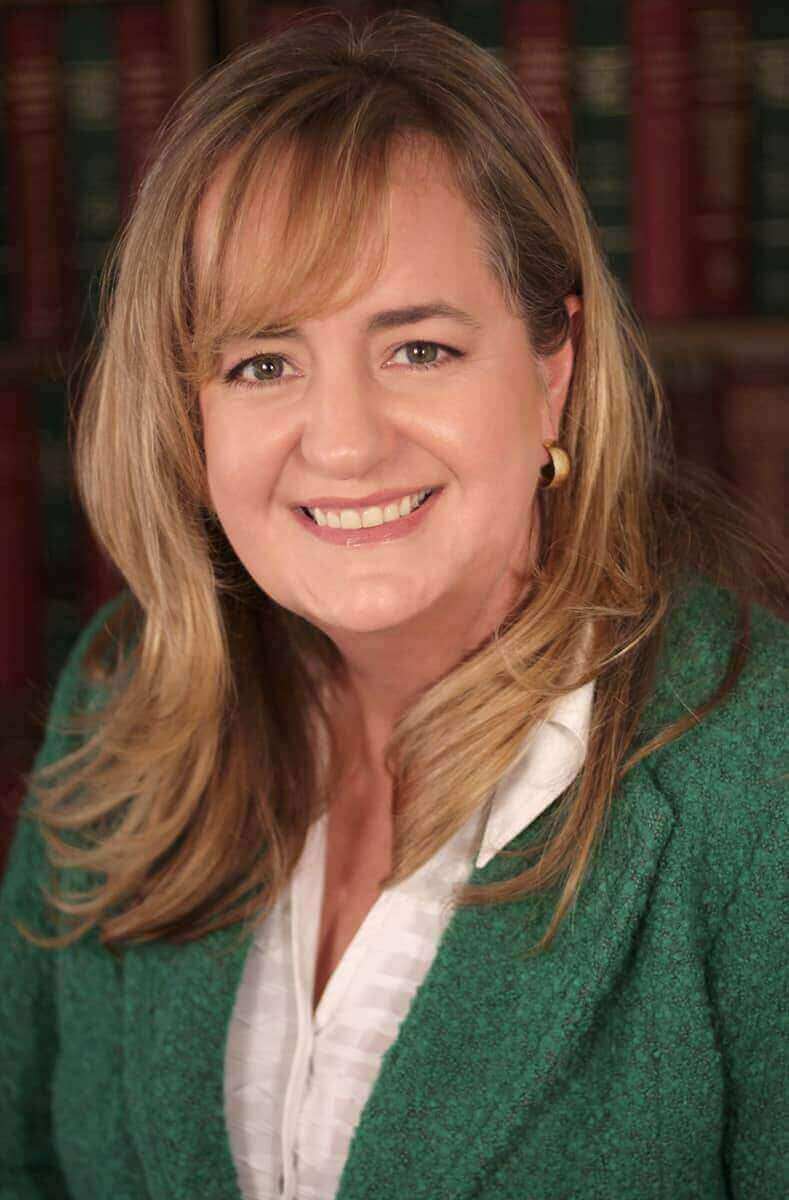If you bought a home in the last year, especially in the last few months you have probably received your first tax bill.
For most new homeowners the tax bill is expected, what’s not expected are all the extra or “supplemental” tax bills that came along with it.
If you get a supplemental tax bill and were not warned this could happen, you might think, “Hey I can barely afford the actual tax bill let alone extra bills.”
What’s a supplemental tax bill?
Your first tax bill can look a little (or a lot) daunting. First, you may have what they call an escrow account, or impound account, where your property tax and/or insurance for your new home is collected every month in the payment. For FHA and VA this is mandatory. For conventional, Fannie Mae, and Freddie Mac loans monthly tax payments are optional. If you are not sure if you have impounded taxes, just look at your monthly mortgage statement.
Supplemental taxes are the difference between what the seller paid in property tax and your current rate.
If you received a supplemental tax bill it’s because the records at the county assessor’s office has not caught up with the new value of the property.
For example, if the seller bought their property in the 80’s for $150,000 then their bill for the year might have been $2000. If you bought the home for $600,000 your taxes should be around $7,500. Tax bills in LA County are set July 1st but calculations end in March. If you bought after March 31st, the county closed the books and has the seller’s rate in the system and sends you a bill for the difference.
In this example, you will get the bill for $2000 and then a supplemental, or differential, an extra bill for difference of $5,500.
The supplemental bills are also due at different times than the consolidated or regular bill, giving you time to pay.
You might be wondering, “Shouldn’t my lender pay this?” If you have an impound or escrow account, the lender will have the money set aside. However, some lenders do not pay supplemental bills. They will take the amount that is now extra (since they paid the seller’s bill amount) and they will send it to you, and you pay.
The following tax year you will get just one bill (called a consolidated bill) as the county assessor’s records will be caught up.
If you are not sure and want to check, then call me or the county assessor’s office. For more information you can also go to your county assessor’s website.
Athena Paquette

